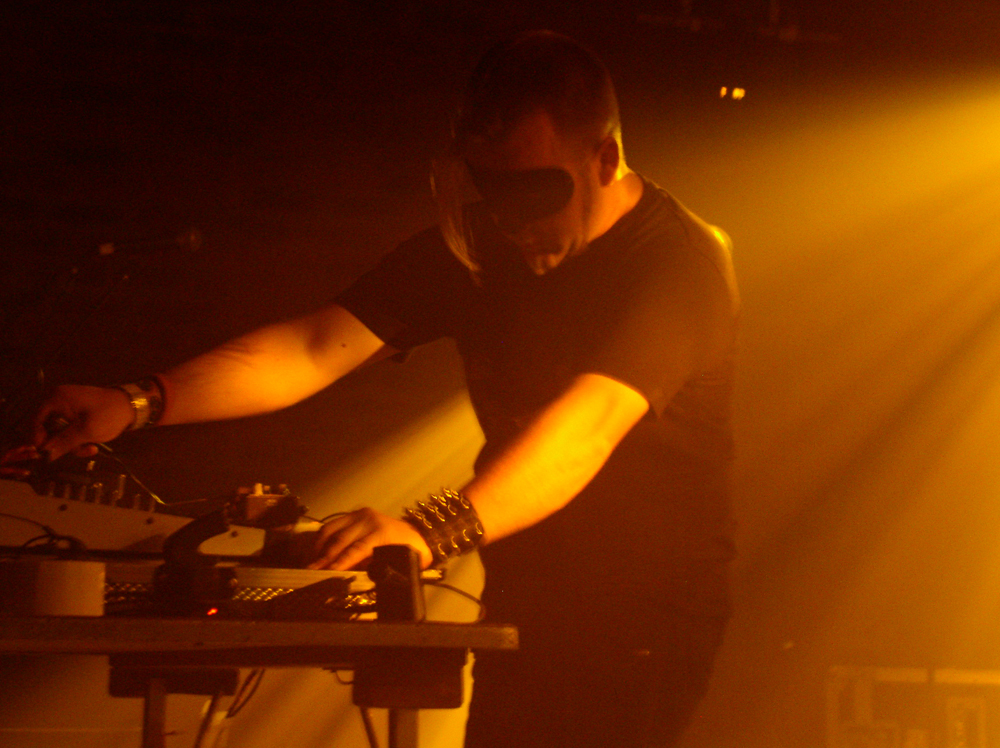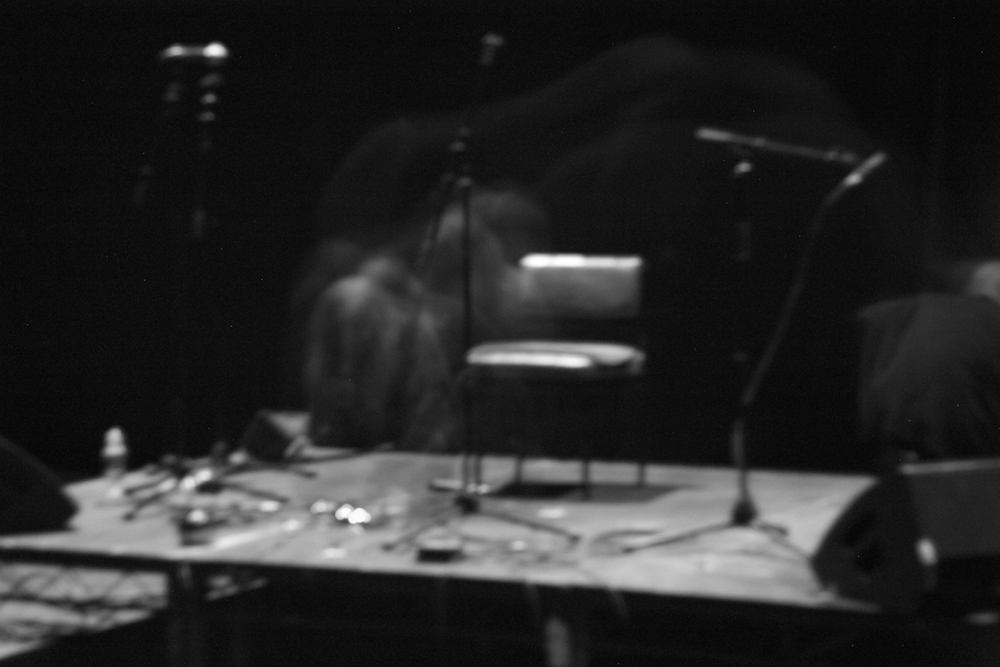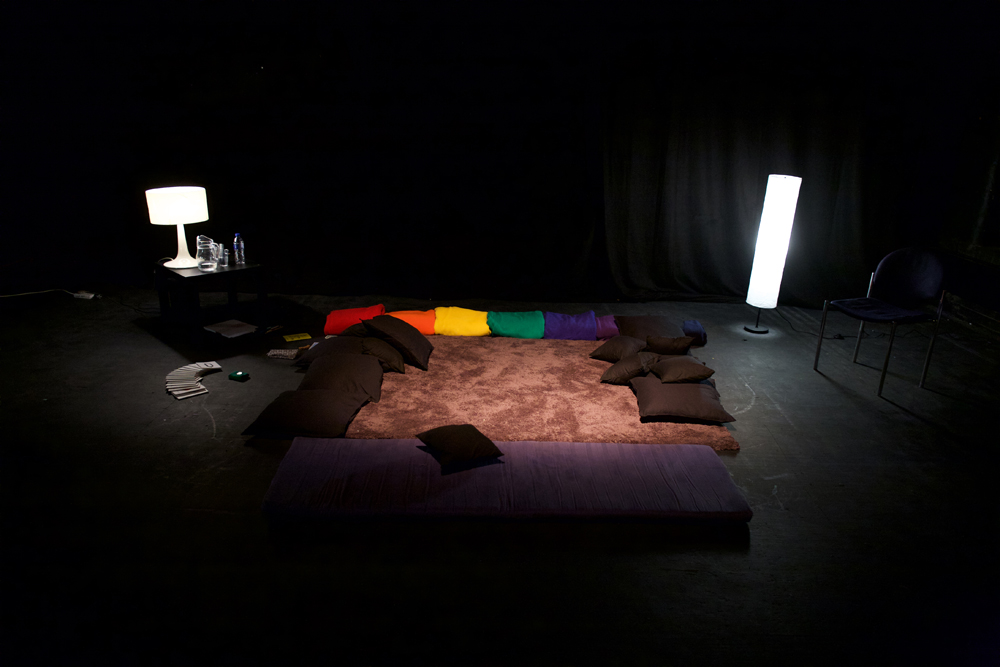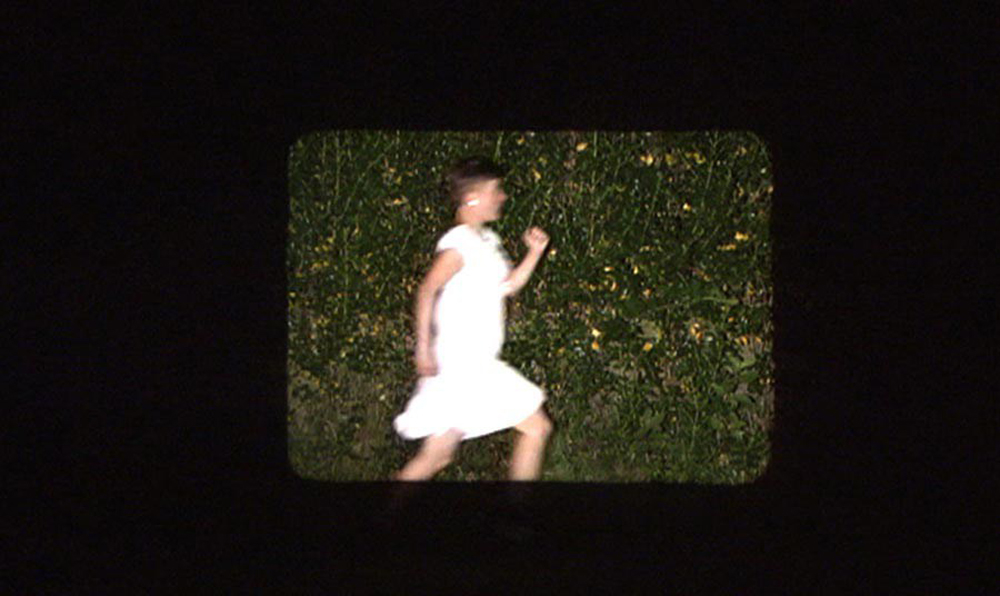
Birchville Cat Motel
Birchville Cat Motel
Blissed-out sun-dappled drone ragas of the highest order, with a metal-tinged signature sound of plucked and bowed strings.
Arika have been creating events since 2001. The Archive is space to share the documentation of our work, over 600 events from the past 20 years. Browse the archive by event, artists and collections, explore using theme pairs, or use the index for a comprehensive overview.

Blissed-out sun-dappled drone ragas of the highest order, with a metal-tinged signature sound of plucked and bowed strings.

Performance of a Sudoko based graphic score giving rise to a process of self cancellation.

Torrential, wrenching wordless wails, guttural screams and roars, a Haino solo vocal performance.

Three intimate 45 minute sessions, readings of your political questions – using Tarot, Palmistry, Reiki, Astrology, and Philosophy, and the invented methods of Fake and Political Therapy.

The Scottish based Paragon Ensemble has commissioned David Fennessy to compose music for Instal, which will be performed during the evening.

A performed filmic conversation on queer and black world making.

William cradles, hammers, and rains down blows, plucking and using 2 bows to attack the strings above and below the bridge, all in the service of a fiery and passionate creativity.

A short chat about what we (Arika) might be trying to do with our program for the Biennial.

How can we imagine bodies not as an end in themselves, but as a medium through which we can become one another’s means?

Politicised fan-fiction chronicling working class gay urban space and fantasy.

Hartmut is going to talk a little about his work at large and the politics of how his films are constructed. And we’ll screen one of his best films: B-52.

Setting up a minimal procedure to explore the interaction between a person and the (documentary) film/ video process. What initially seems simple ends up contrarily distanced and intimate, public and private.